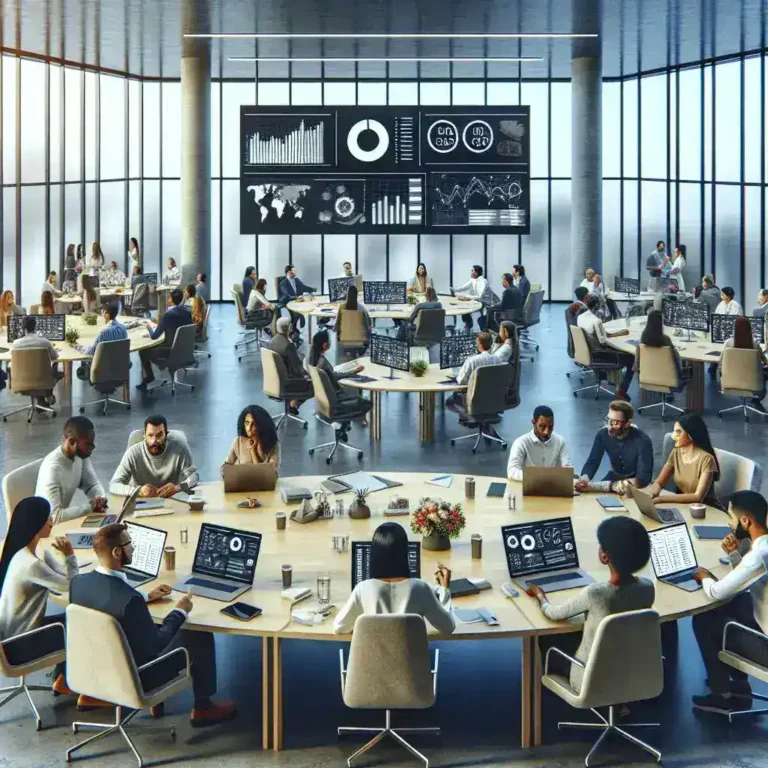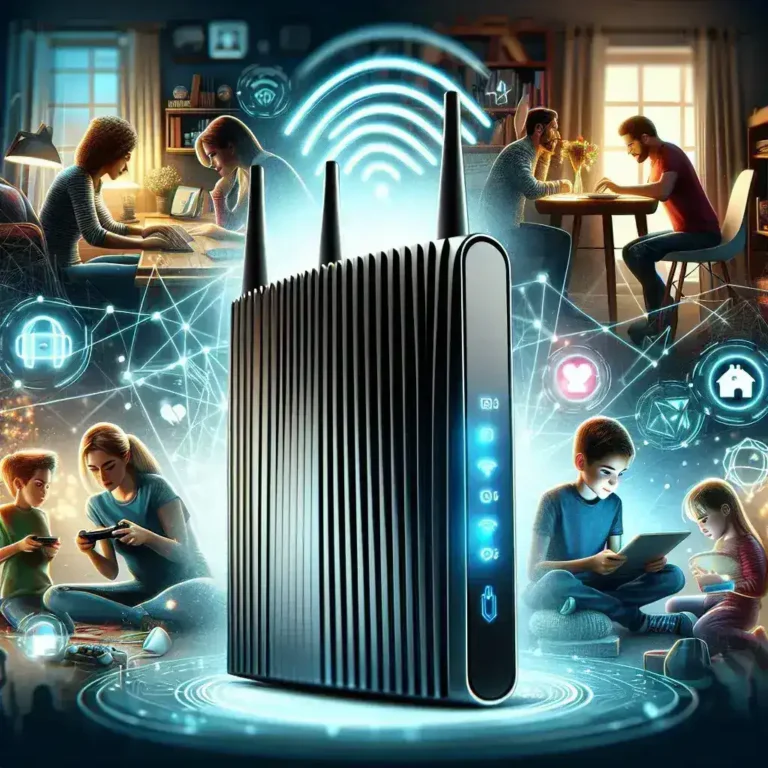Why Regular PC Cleaning is Essential for Your Computer’s Health
Regular PC cleaning is not just about aesthetics – it’s a crucial maintenance task that can significantly impact your computer’s performance, longevity, and reliability. Dust, debris, and thermal compound degradation can lead to overheating issues, reduced performance, and even permanent hardware damage. This comprehensive guide will walk you through the process of cleaning your PC properly and safely.
Essential Tools and Materials for PC Cleaning
Before starting the cleaning process, gather these necessary tools:
- Compressed air can
- Microfiber cloths
- Isopropyl alcohol (90% or higher)
- Cotton swabs
- Anti-static brush
- Thermal paste (if needed)
- Phillips head screwdriver
- Anti-static wrist strap (recommended)
Safety Precautions Before Starting
Safety should always be your primary concern when cleaning your PC. Follow these essential precautions:
- Power down completely: Shut down your PC and unplug all cables
- Ground yourself: Use an anti-static wrist strap to prevent static discharge
- Work in a well-ventilated area: Dust can be harmful when disturbed
- Keep liquids away: Never spray cleaners directly onto components
External Cleaning: The First Step
Start with the exterior of your PC to prevent dust from being pushed inside during the cleaning process.
Cleaning the Case Exterior
- Use a slightly damp microfiber cloth to wipe down the case
- Pay special attention to ventilation areas and ports
- Clean the power supply unit’s external vents
- Remove any sticky residue with isopropyl alcohol
Peripheral Cleaning
Don’t forget to clean your peripherals:
- Keyboard: Use compressed air between keys and clean with alcohol wipes
- Mouse: Clean sensor and wipe down surfaces
- Monitor: Gently clean with a microfiber cloth and screen cleaner
Internal Cleaning: Deep Cleaning Your PC Components
Preparing for Internal Cleaning
Before opening your PC case:
- Take photos of cable connections for reference
- Place screws in labeled containers
- Create a clean, well-lit workspace
- Have your manual handy for reference
Cleaning the Case Interior
Follow these steps for thorough internal cleaning:
- Remove side panels: Access all internal components
- Use compressed air: Blow out loose dust (short bursts, keep can upright)
- Clean fans: Hold fans still while blowing to prevent over-spinning
- Wipe down surfaces: Use microfiber cloth for stubborn dust
Component-Specific Cleaning
CPU and Heatsink
For optimal thermal performance:
- Clean heatsink fins thoroughly
- Consider replacing thermal paste if temperatures are high
- Clean CPU fan carefully
Graphics Card
Clean your GPU with special attention to:
- Fan blades and heatsink
- Power connectors
- External ports
RAM and Storage Drives
- Clean RAM contacts with isopropyl alcohol
- Dust off SSDs and HDDs
- Check and clean SATA connections
Maintenance Tips for Long-term PC Health
Regular Maintenance Schedule
Implement these maintenance intervals:
- Monthly: External dusting and peripheral cleaning
- Quarterly: Basic internal dust removal
- Annually: Deep cleaning and thermal paste check
Preventive Measures
Reduce future cleaning needs with these steps:
- Install dust filters on case intakes
- Elevate PC off the floor
- Maintain proper airflow in your room
- Consider using a room air purifier
Troubleshooting Common Issues
Post-Cleaning Problems
Address these common issues after cleaning:
- PC won’t start: Check all power connections
- Unusual noises: Ensure fans are properly mounted
- Performance issues: Verify component connections
- Blue screens: Reseat RAM and cables
Professional Cleaning Services: When to Consider
Consider professional cleaning if:
- You’re uncomfortable with PC hardware
- Your PC has severe dust buildup
- You notice persistent overheating
- Your warranty requires professional service
Environmental Impact and Sustainable Cleaning
Make your PC cleaning eco-friendly:
- Use reusable cleaning materials when possible
- Properly dispose of cleaning supplies
- Consider electric dusters instead of compressed air
- Use environmentally friendly cleaning products
Conclusion: Maintaining Your Clean PC
Regular PC cleaning is an investment in your computer’s future. By following this guide and maintaining a consistent cleaning schedule, you’ll ensure optimal performance, extend your PC’s lifespan, and prevent costly repairs. Remember to always prioritize safety and take your time during the cleaning process. Your computer will thank you with years of reliable service.
Final Cleaning Checklist
- Verify all components are properly seated
- Double-check all cable connections
- Ensure all screws are tight
- Test system thoroughly after cleaning
- Document when you performed the cleaning









